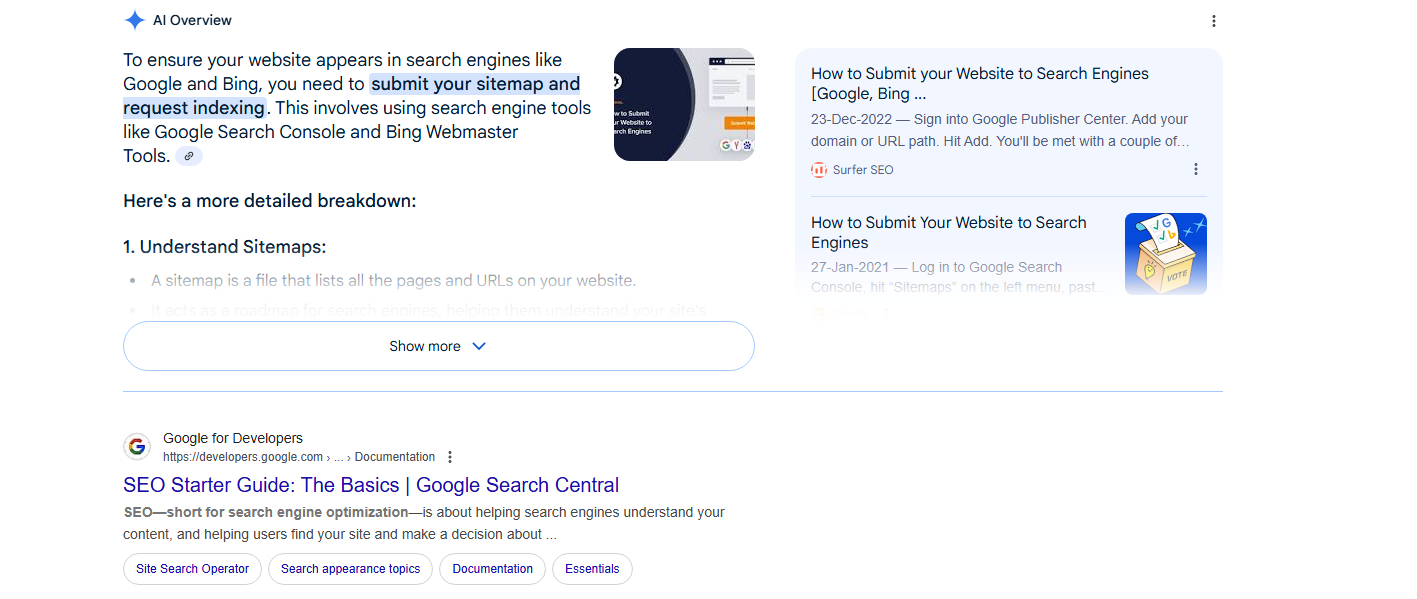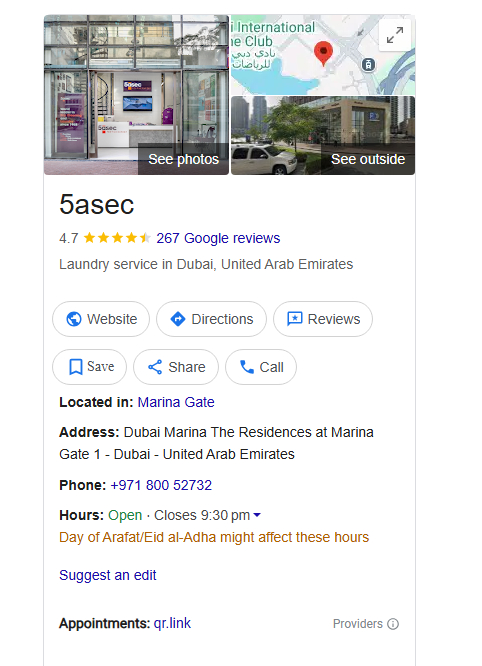The digital landscape has fundamentally changed how customers discover and choose businesses. Social media profiles and online directories are helpful, but they pale in comparison to the power and control that comes with owning a professional website. A website puts small businesses back in the driver’s seat, allowing them to control their narrative, showcase their expertise, and capture leads that would otherwise slip away to competitors.
Smart small business owners understand that a website is more than just an online brochure. It’s a revenue-generating asset that works around the clock, building relationships with customers and driving business growth in ways that traditional marketing simply cannot match. Let’s have a look at 10 benefits of a website for small business and how important it has become in the digital media.
When potential customers search for a business online and can’t find a professional website, they often question the legitimacy and reliability of that company. A well-designed website serves as a digital storefront that immediately communicates professionalism and attention to detail. The website doesn’t need to be elaborate or expensive to build trust. Clean design, clear contact information, professional photos, and up-to-date content all contribute to establishing credibility. Customer testimonials, case studies, and professional certifications displayed on the website further enhance trustworthiness. Small businesses that invest in a professional website often find that customers are more willing to engage their services because the website demonstrates that the business takes itself seriously. This psychological effect can be the difference between winning or losing a potential customer who’s comparing multiple service providers. Unlike physical storefronts with limited operating hours, a website never closes. This means potential customers can learn about products, services, and pricing at any time that’s convenient for them, whether that’s during lunch breaks, late evenings, or weekends. This constant availability is particularly valuable for service-based businesses. Customers can read detailed service descriptions, view portfolios, check availability, and even schedule appointments outside of normal business hours. For retail businesses, customers can browse product catalogs, compare options, and gather the information they need to make purchasing decisions. The 24/7 accessibility also reduces pressure on phone lines during busy periods. Instead of having to answer the same basic questions repeatedly, business owners can direct customers to their website for detailed information, freeing up time for more complex customer service needs. A strategically designed website acts as a powerful lead generation tool that works continuously to attract and convert potential customers. Through search engine optimization, valuable content, and clear calls-to-action, websites can capture leads that might never have found the business through traditional marketing methods. Contact forms, newsletter signups, free consultations, and downloadable resources all serve as lead magnets that encourage visitors to share their contact information. Once captured, these leads can be nurtured through email marketing campaigns, turning website visitors into paying customers over time. For businesses selling products online, e-commerce functionality allows direct sales through the website. Even service-based businesses can use their websites to sell digital products, courses, or accept deposits for services, creating additional revenue streams that operate independently of the owner’s direct involvement. Local search engine optimization is crucial for small businesses that serve specific geographic areas. A properly optimized website helps businesses appear in local search results when potential customers search for relevant services in their area. Google My Business listings are important, but they work much more effectively when paired with a comprehensive website that provides detailed information about services, location, and customer reviews. The website gives Google more content to index and understand, improving the chances of appearing in local search results. Local SEO benefits extend beyond just Google searches. When customers search for businesses on maps, review sites, or local directories, having a website that’s optimized for local search terms increases visibility across all these platforms. This comprehensive online presence makes it much easier for local customers to discover and choose the business over competitors. A website provides unlimited space to showcase products and services in detail, something that’s impossible to achieve through traditional advertising methods or social media posts. High-quality photos, detailed descriptions, and video demonstrations can effectively communicate value propositions to potential customers. Service-based businesses can use their websites to explain complex processes, showcase before-and-after photos, and provide detailed case studies that demonstrate expertise and results. This comprehensive presentation helps customers understand exactly what they’re purchasing and why the business is the right choice for their needs. The ability to organize products and services into logical categories makes it easy for customers to find what they’re looking for quickly. Search functionality, filters, and detailed product pages create a user-friendly experience that encourages deeper engagement with the business’s offerings. Traditional advertising methods like print ads, radio spots, and direct mail can be expensive and difficult to measure. A website serves as the central hub for all digital marketing efforts and provides a much more cost-effective way to reach potential customers. Content marketing through blog posts, how-to guides, and industry insights helps establish expertise while improving search engine rankings. Social media marketing becomes more effective when posts direct followers to detailed information on the website. Email marketing campaigns can drive traffic to specific pages that are designed to convert visitors into customers. The website also serves as a repository for all marketing materials. Instead of recreating brochures, flyers, and promotional materials for each marketing campaign, businesses can create digital versions that can be easily shared, updated, and repurposed across multiple channels. Website analytics provide detailed insights into customer behavior that would be impossible to gather through traditional business methods. Business owners can see which pages are most popular, how long visitors spend on different sections, and what actions they take before leaving or making contact. This data helps optimize both the website and broader business strategies. If certain service pages receive high traffic but low conversion rates, it might indicate pricing issues or unclear messaging. If blog posts on specific topics generate significant engagement, it suggests opportunities for additional services or products. Understanding where website visitors come from, whether through search engines, social media, or referral links, helps business owners invest their marketing resources more effectively. This data-driven marketing approach typically produces better results than traditional guesswork methods. A well-designed website can significantly reduce the burden on customer service by providing answers to frequently asked questions, detailed service information, and clear contact methods. This self-service approach improves customer satisfaction while reducing the time spent on repetitive inquiries. Live chat functionality allows businesses to provide real-time support during business hours, while contact forms ensure that inquiries received outside business hours are properly captured and responded to promptly. Clear communication of business hours, service areas, and policies helps set appropriate customer expectations. A professional website serves as the cornerstone of a brand’s identity, ensuring a consistent presentation across all customer touchpoints. The website establishes visual standards, messaging tone, and brand personality that can be maintained across business cards, social media profiles, and other marketing materials. The website also provides a platform for storytelling that helps differentiate the business from competitors. The “About” page, company history, and team profiles help humanize the business and create emotional connections with potential customers. As small businesses grow, their websites can evolve to support increased complexity and new opportunities. Additional service pages, expanded product catalogs, and enhanced functionality can be added without the significant overhead costs associated with physical expansion. The website provides a foundation for scaling marketing efforts. As the business grows, more sophisticated features like customer portals, online booking systems, and automated marketing campaigns can be integrated to handle increased volume without proportional increases in staffing. As businesses expand across different regions, partnering with experienced web development services in the UK ensures websites can handle increased traffic and complex functionality requirements. The benefits of having a website for a small business extend far beyond a simple online presence. For small businesses competing in today’s marketplace, a website represents an essential tool for building credibility, generating leads, and supporting sustainable growth. The investment in a professional website pays dividends through improved customer trust, increased visibility, and more effective marketing efforts. Small businesses that continue to operate without websites increasingly find themselves at a significant disadvantage compared to competitors who have embraced digital marketing strategies. Moiz Banoori is a seasoned Digital Marketing professional with over eight years of expertise in content creation and digital journalism. At REDLUMB, he spearheads teams to craft impactful SEO strategies that drive online growth and visibility. With a background in journalism, Moiz leverages his expertise in digital marketing to develop effective strategies that boost online visibility and help clients achieve their goals.
1. Establishes Professional Credibility and Trust

2. Provides 24/7 Accessibility for Customers
3. Generates Leads and Drives Sales
4. Enhances Local SEO and Google Visibility

5. Showcases Products and Services Effectively
6. Enables Cost-Effective Marketing
7. Provides Valuable Customer Insights
8. Improves Customer Service and Communication
9. Builds Brand Recognition and Consistency
10. Facilitates Business Growth and Expansion





